The liver works tirelessly to filter more than a liter of blood every minute and performs many functions that affect every part of the body, including immunity, digestion, and nutrient absorption. Therefore, when the liver slows down due to injury, infection, or disease, the whole body is affected.
Fatty liver disease occurs when fat builds up in the liver tissue. This can be caused by alcohol, illness, or because the liver has trouble digesting fat. When the condition is not caused by excessive drinking, it is called non-alcoholic fatty liver disease or NAFLD. Diet and lifestyle changes can do wonders primarily because of the liver’s inherent ability to heal itself. Is oatmeal good for fatty liver? Let’s discuss this further.
Oatmeal: Background Info
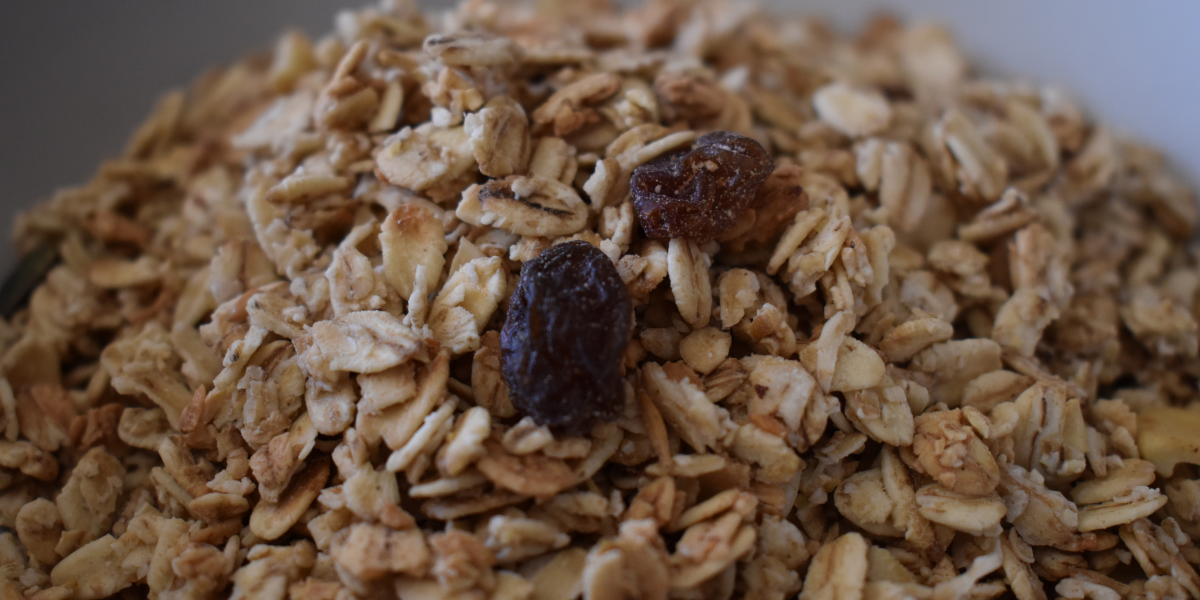
Oatmeal is made from oats(Avena sativa), which is a type of cereal grain from the grass family known as Poaceae. Oats are valued for their nutritional content and health benefits which we will be discussing later on. The oat grain comes from the edible seeds of oat grass, and this makes up the main ingredient for oatmeal.
Although oatmeal continues to be one of the most popular breakfast fares today, people have been enjoying this cereal for thousands of years. Oats have been cultivated by the ancient Chinese from as far back as 7000 B.C., but the first to eat oatmeal in its porridge form were the Greeks. Later on, it spread to other parts of Europe and the United States where they developed the practice of adding milk, nuts, and fruits to oatmeal.
Nowadays, medical experts recommend oatmeal as a healthy breakfast because it is a good source of a lot of essential nutrients. Here is the nutritional value of 1 cup (234g) of cooked oatmeal along with the recommended percentage of daily value:
Calories 166
Total Fat 3.6g (5%)
Saturated Fat 0.7g (4%)
Cholesterol 0mg (0%)
Total Carbohydrates 28.1g (9%)
Dietary Fiber 4g (14%)
Sodium 9.4mg (0%)
Sugar 0.6g (1%)
Protein 5.9g (12%)
Iron 2.1mg (12%)
Calcium 21.1mg (2%)
Potassium 163.8mg (3%)
Phosphorus 180.2mg (14%)

Oatmeal’s impressive nutritional profile may benefit your body in many ways and here are some of them:
- Aids in weight loss
- Regulates bowel movements
- Controls blood sugar levels
- Helps with insulin production
- Boosts the immune system
- Feeds the good gut bacteria (prebiotic)
- Lowers risk of heart disease
- Prevents cancer
- Boosts energy
- Good for the skin
Is Oatmeal Good For Fatty Liver?
According to the American Dietetic Association, a healthy diet should include 25 to 30 grams of soluble and insoluble fiber per day. From this, soluble fiber should cover 5 to 10 grams of your daily fiber intake. Unfortunately, most people only eat half of these recommended amounts.
Oatmeal is an excellent source of fiber, carbs, and high-quality protein. It is also loaded with essential vitamins, minerals, and antioxidants. But is oatmeal good for fatty liver? Let’s discuss several reasons why it could be.
-
Oatmeal contains beta-glucan.
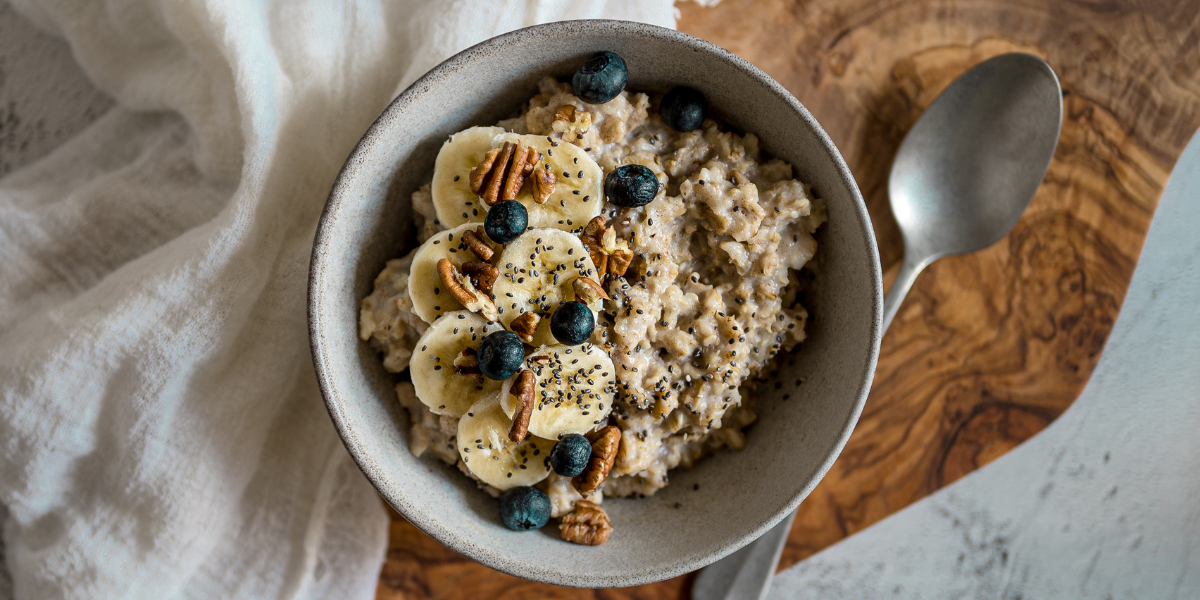
One easy way to add fiber to your diet is by eating oatmeal. Fiber is necessary for proper digestion and oats contain lots of fibers that can be especially helpful to your liver. One of these is a type of soluble fiber called beta-glucan.
Beta-glucan is found in the cell walls of certain plant types as well as some yeasts, fungi, bacteria, and algae. You can also get beta-glucan from mushrooms, seaweed, or in supplement form. However, grains like oats, wheat, rye, and barley have the highest concentration of beta-glucan. A cup of cooked oatmeal contains around 2 grams of beta-glucan.
Cereal fibers such as wheat bran and oat bran are considered to be more effective than fruit or vegetable fiber. A 2018 study indicates that the processing and fermentation of beta-glucan oat fiber can increase the diversity of gut microflora which helps improve digestive issues such as irritable bowel syndrome(IBS), constipation, and diarrhea.
In addition, a separate 2017 study shows that beta-glucans are powerful and very active components in the body. They help boost the immune system, improve cholesterol and blood sugar levels, promote digestive health, fight inflammation, and are particularly effective in the prevention and treatment of obesity and diabetes.
The review also notes that the beta-glucans in oats may help protect the liver as they have been shown to help reduce the amount of fat stored in the livers of mice. However, further clinical studies are needed to confirm these results in humans.
-
Oatmeal helps to reduce LDL.
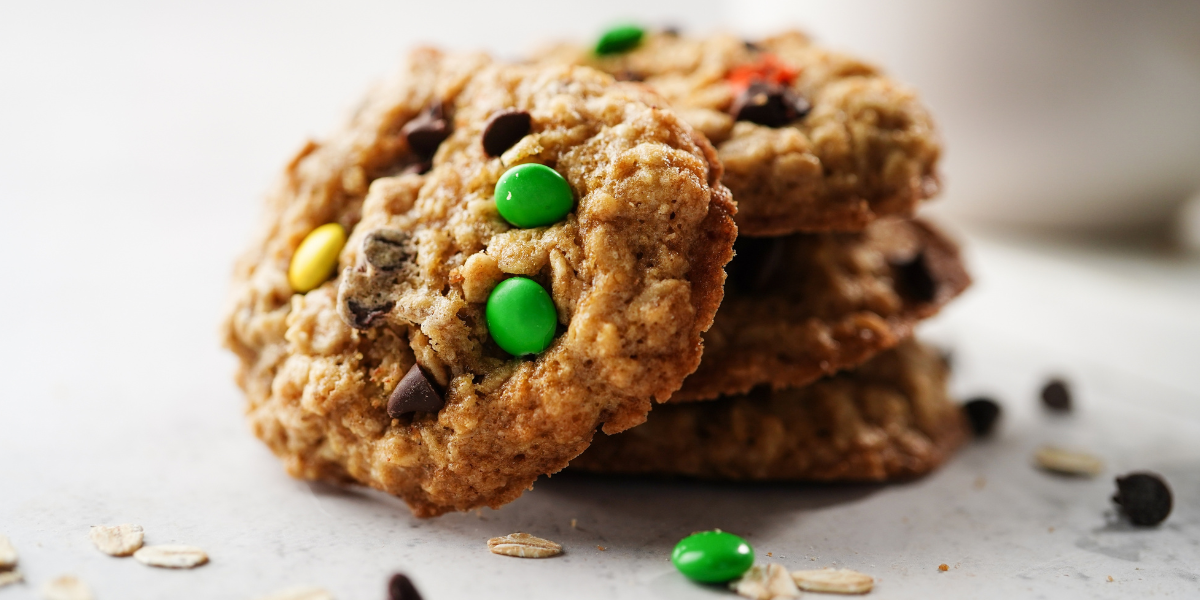
Low-density lipoprotein or LDL is also known as ‘bad cholesterol’ because it is an unhealthy form of cholesterol that can stack up in the liver, arteries, and other areas of the body. This type of cholesterol tends to increase your risk of strokes and heart attacks.
Certain factors affect your LDL level and these include:
- Weight
- Diet
- Smoking
- Physical activity
- Age
- Gender
- Medication
- Genetics
- Medical conditions
- Race
Soluble fiber affects blood cholesterol levels by diminishing the absorption of cholesterol from the intestines into the bloodstream. In the small intestine, healthy bacteria digest soluble fiber but insoluble fiber cannot be digested and instead, helps promote regular bowel movements.
One way to prevent high cholesterol levels is by making lifestyle modifications such as engaging in more physical activities, quitting smoking, and eating healthier foods with less saturated fat. Saturated fats are derived from animal products like fatty meats, dairy, and cheese, as well as tropical oils like coconut oil or palm oil and they may be high in cholesterol.
Whole grains such as oats are low in saturated fats but naturally high in fiber. A cup of cooked oatmeal contains 1.9 grams of soluble fiber. Soluble fiber helps to lower the LDL levels in your body while increasing the HDL or high-density lipoprotein levels, otherwise known as the ‘good cholesterol’.
-
Oatmeal helps with weight loss.
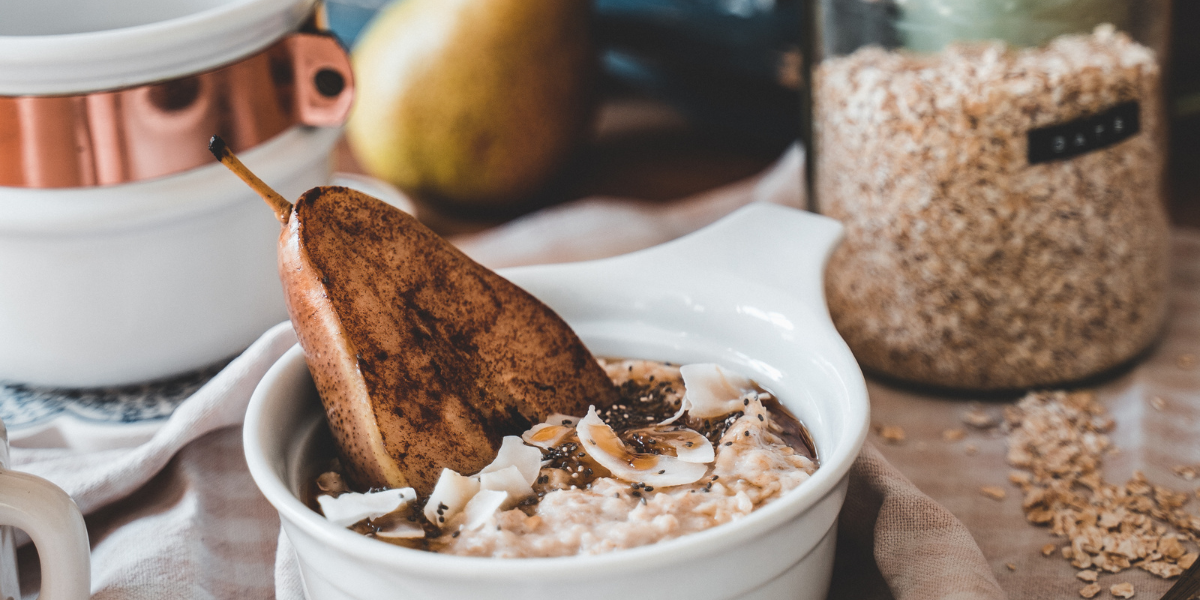
Being overweight or obese can increase your LDL levels. Excess body fat interferes with how you process cholesterol and slows down your body’s ability to get rid of LDL cholesterol.
Oatmeal is a healthy mixture of fiber, plant-based protein, and complex carbohydrates that are beneficial for weight loss. Oatmeal also contains nutrients like zinc and magnesium that aids in weight loss, lowers cholesterol levels, and promotes better gut health.
The dietary fiber, especially soluble fiber, contained in oatmeal forms a gel-like substance in the stomach, delays stomach emptying, and makes you feel full for a longer period. It also softens stool and makes it easier to pass through the GI tract.
According to a gastroenterologist at NYU Langone at Great Neck Medical, Chaim Ross, MD, “Oats help people feel full, decrease sugar spikes, and decrease insulin. Those are the properties that make you feel full so you stop eating.”
In addition, people who eat whole grains – those who eat oatmeal, whole wheat, and brown rice for breakfast – tend to smoke less, be more physically active, and eat more fruits, vegetables and dietary fiber than those who don’t. Statistically, they tried controlling these factors by comparing smokers and non-smokers with the same amount of exercise and similar diets and still found whole grains to be protective by different methods.
The Downside Of Oatmeal

Just like in any type of food, too much of a good thing may not be, well, good. Here are some of the reasons why it is not a good idea to overindulge in oatmeal either:
- Increases sugar intake
- Causes bloating
- Limits your nutritional choices for breakfast
- May lead to malnutrition
- Leads to weight gain
Sum And Substance
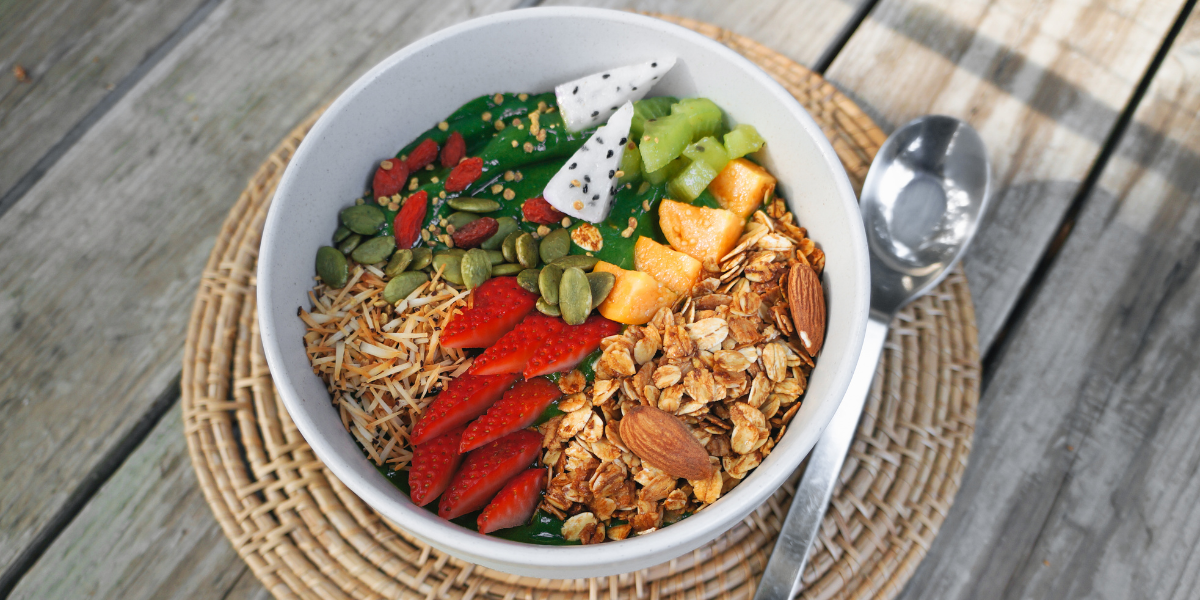
There are several types of oatmeal such as rolled or old-fashioned oats, Scottish oats, steel-cut or Irish oats, and quick or instant oats. However, if you’re looking for the healthiest oats, then choose steel-cut and rolled oats instead of instant oatmeal. Instant oatmeal may contain fillers such as wheat flour or sugar, which may not be beneficial to the body.
On the other hand, oatmeal may not be good for everyone as some people have an oat intolerance. One way to find out is if you experience certain symptoms right after eating food containing oats. But is oatmeal good for fatty liver? Yes, it is, and we have 3 reasons why!

